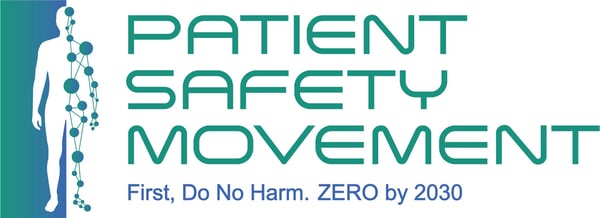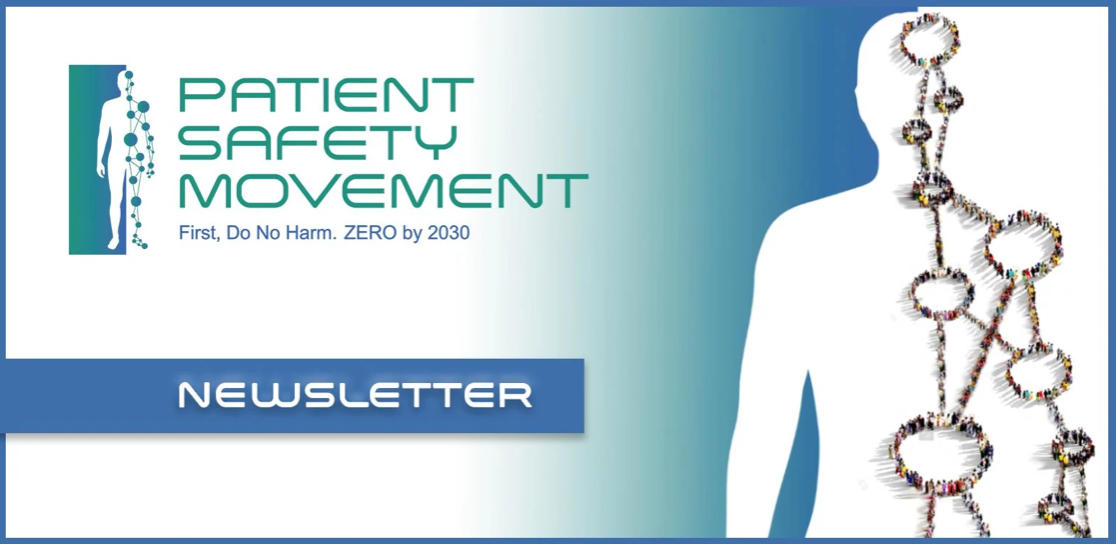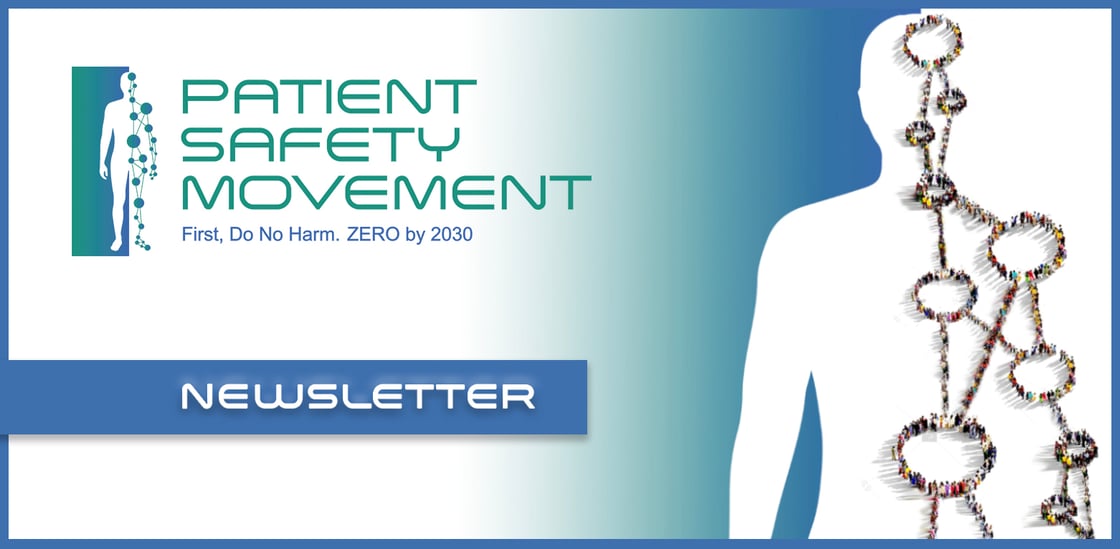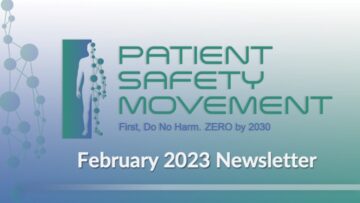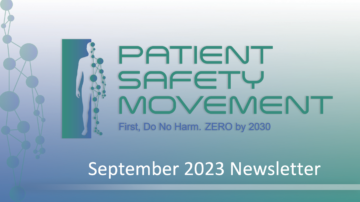GOVERNANCE BOARD
Joe Kiani, MS, Founder and Immediate Past Chairman of PSMF, Founder, Chairman & CEO of Masimo
Mike Durkin, OBE, MBBS, FRCA, FRCP, DSC, Chairman of PSMF, Senior advisor on Patient Safety Policy and Leadership, Institute of Global Health Innovation, Imperial College London
Michael A.E. Ramsay, MD, FRCA, Chief Executive Officer, PSMF
Sarah Kiani, Director, Masimo Foundation for Ethics, Innovation, and Competition
Abbasseh Towfigh, MPD, Executive Director and Secretary, Ayeneh Foundation
Steven J. Barker, PhD, MD, Chief Science Officer, Masimo Corporation, Professor Emeritus of Anesthesiology, University of Arizona Health Sciences
Jannicke Mellin-Olsen, MD, DPH, Past President, World Federation of Societies of Anesthesiologists
Philip D. Lumb, MB, BS, MD, MCCM, FCCP, Professor of Anesthesiology, Keck School of Medicine, University of Southern California
Najmedin Meshkati, PhD, MS, Professor of Civil/Environmental Engineering, University of Southern California
Javier T. Davila, MD, Ambassador, PSMF in Mexico, Former Medical Director, Mexican Social Security Institute, Head of Medical Education, Research and Health Public Policy
Robin Betts, RN, CPHQ, MBA-HA, Vice Chair, PSMF, Vice President, Safety Quality & Regulatory Services, Kaiser Foundation Hospitals and Health Plan, Kaiser Permanente Northern California
Nasim Afsar, MD, MBA, MHM, Chief Health Officer at Oracle Health
Edward Kelley, PhD, Chief Global Health Officer, ApiJect Systems
David B. Mayer, MD, Executive Director, MedStar Institute for Quality and Safety
Omar Ishrak, PhD, Executive Chairman and Chairman of the Board of Directors, Medtronic, Chairman of the Board of Directors, Intel
Charlie Miceli, CPM, Treasurer, PSMF, Chief Supply Chain Officer, Network VP of University of Vermont Health Network
Vonda Vaden Bates, Patient Advocate, CEO, 10th Dot
Alicia Cole, Patient Safety Consultant
Jim Messina, BA, CEO, The Messina Group
OUR STORY
The Patient Safety Movement Foundation was established in 2012 to raise awareness around the critical topic of patient safety, and to bring patients, clinicians, healthcare organizations, payers, academicians, government officials, and policymakers together to address the urgent need to eliminate preventable patient harm in all healthcare settings globally. Founded by Joe Kiani, founder and CEO of the medical device manufacturer Masimo, the Patient Safety Movement Foundation holds an international summit annually where world-renowned patient safety experts and advocates discuss the common causes of preventable patient harm and how they can be remedied. The organization collaborates with multidisciplinary teams of medical experts and quality care professionals to develop actionable evidence-based practices that serve as step-by-step blueprints to guide healthcare professionals in avoiding preventable patient harm. As part of its collaborative approach, the Patient Safety Movement Foundation also mobilizes and supports grassroots patient safety advocates and activists, including those whose loved ones were harmed by medical errors. Patient Safety Movement Foundation engages an international cohort of early career healthcare professionals in a custom-designed patient safety curriculum through its Global Interprofessional Patient Safety Fellowship program. In conjunction with the aforementioned activities, the Patient Safety Movement Foundation emphasizes data transparency and sharing patient harm events as a foundational goal to enable systems to better track the progress toward the goal of ZERO harm. The Patient Safety Movement Foundation also seeks to drive systemic payer policy changes to align incentives with the quality of the care provided. In addition, this foundation advocates for an independent multidisciplinary team of patient safety experts to research harm events and potential sustainable solutions to end preventable patient harm. Since the beginning, the Patient Safety Movement Foundation has engaged patients and their families in developing solutions to improve patient care, believing nothing is more powerful than learning about preventable patient harm directly from those most affected and making them an integral part of improving healthcare safety. To learn more and stay connected with our foundation, please visit www.pmsf.org.
